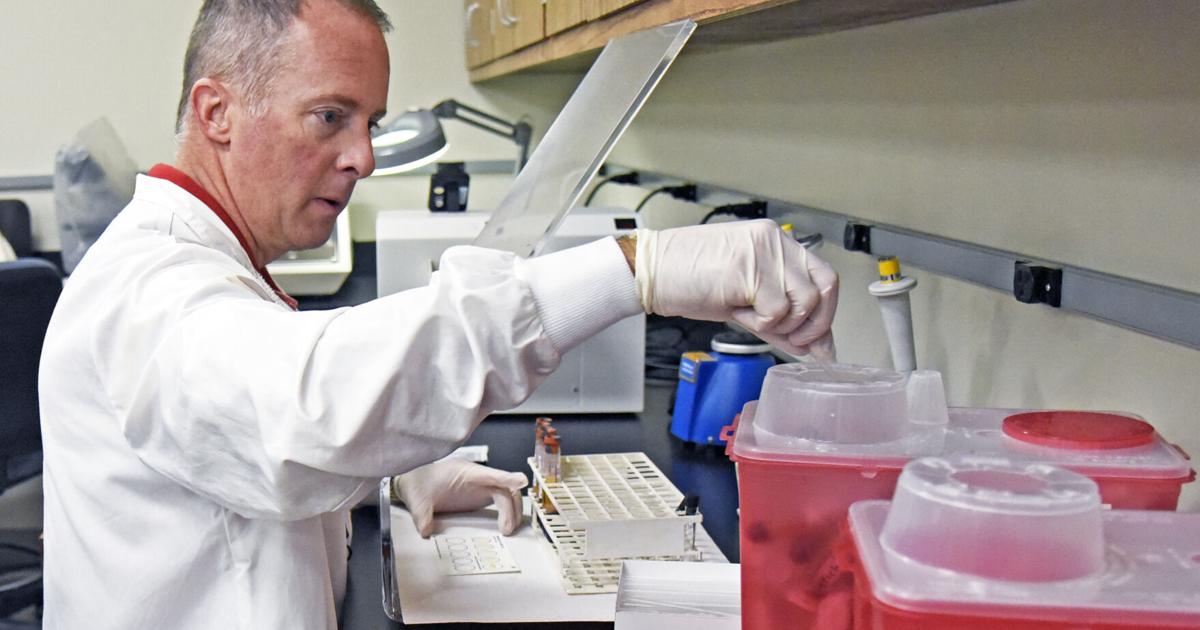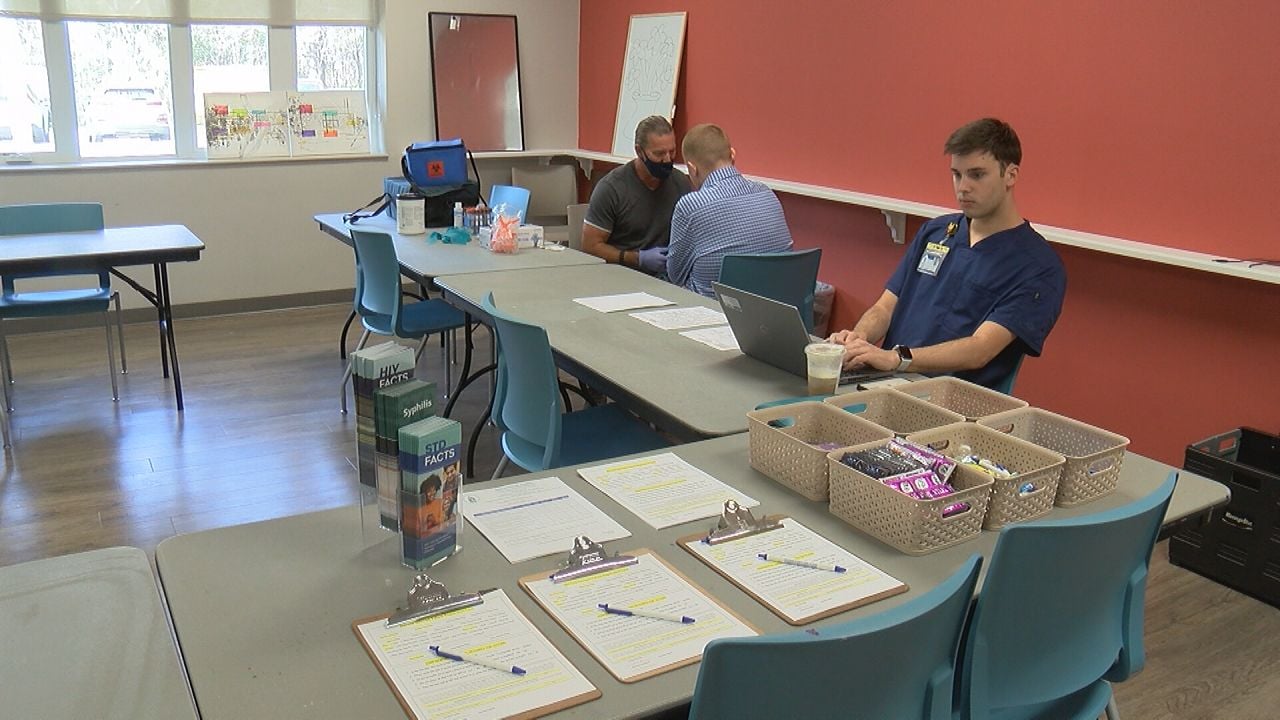New Australian research has found gonorrhoea could be transmitted through a pash, what else have we gotten wrong about other sexually transmitted infections?
The accepted traditional transmission routes of gonorrhoea held for the past 100 years has been challenged by a Melbourne university report, published by the American Sexually Transmitted Disease assocation in February. Researchers have undertaken five studies on gonorrhoea and found an association between kissing and oropharyngeal gonorrhoea.
Combine that info with the 41% increase in cases of syphilis in Aotearoa in the second half of last year and we might have a problem in our hands. Do New Zealanders know enough about how to avoid an STI? Is it time to myth-bust the urban legends around sexual health?
Family Planning nurse practitioner and Director of Nursing Julie Avery says there are plenty of misconceptions and misinformation around sexually transmitted infections out there.
READ MORE:
* All the ways you didn’t know you could catch ‘The Clap’ (it’s not just sex)
* Sexual health expert calls for accelerated effort to eliminate syphilis and HIV
* Spike in gonorrhoea cases could be linked to increased resistance to antibiotics
“It’s across all ages,” she says. “I think education about sexually transmissible infections and sexual and reproductive health in teenage years and across social media is really important.”
“There’s a lot of misinformation across social media and that’s where lots of young people are getting their sexual and reproductive information”.
unsplash
As long as there’s no P in V, I don’t have to worry about STIs – it’s a myth.
“Often young people think being safe is about preventing pregnancy rather than being safe and preventing against STIs.”
But it’s not just teens who need information about STIs. Which brings us to our first myth to bust.
Only teens and young people get STIs
Avery says that’s simply not true. “Although teens and young people are at higher risk of getting an STI, STIs don’t discriminate. Anyone of any age can get an STI through having unprotected sex”.
As long as there’s no P in V, I don’t have to worry about STIs.
No penetration, no worries? It’s a common misconception that’s entirely false. “STIs can be contracted in a range of ways. Most commonly through having unprotected sex,” Avery says.
That includes, “digital, vaginal, oral or anal, but also, through contact with infected blood, sharing sex toys, and occasionally through skin-to-skin contact”.
Chlamydia and gonorrhea will go away on their own.
Not the case. “Chlamydia and gonorrhea are caused by bacteria,” Avery says.
“The only way to clear the infection is with the correct antibiotics. Even if you don’t have symptoms they still need to be treated as if they are left untreated, they can cause long term complications.”
Once you’ve had an STI you can’t get it again.
Sorry team, this one needs to be debunked too. “Your body doesn’t have immunity to most STIs and it doesn’t build natural immunity to most STIs so even if you’ve had one treated, you are still at risk of getting it and others again, with any new unprotected sex.”
“Some viral STIs like Herpes and HIV stay in your system forever.”
Chlorine will kill STIs so unprotected sex in a spa is fine
Did you hear this one in high school? It’s a myth. “Chlorine doesn’t kill STIs. Having unprotected sex in a spa does not change the risk of getting an STI through unprotected sex,” Avery says.
Avery says the key to ensuring the information you’re working with is accurate is to check the source. She encourages sexually active people to seek reliable sources when looking for ways to stay safe and to access sites that give clinical information based on research not social media.
“Access a site that says it’s a provider of sexual health services or your general practice.”
Testing for sexually transmissible infections goes hand in hand with education.
The best time to get an STI test is any time. If you and partner are beginning a sexual relationship, get testing. If you have had unprotected sex: Test. If you think you might have an STI, obviously test. If the condom broke or you’re pregnant or if you feel like something just isn’t right: Test.
Don’t rely on TikTok to tell you if you have an STI.
Discovered on: 2023-05-05 00:39:17
Source: The most common misconceptions about STDs according to a sexual health expe…



